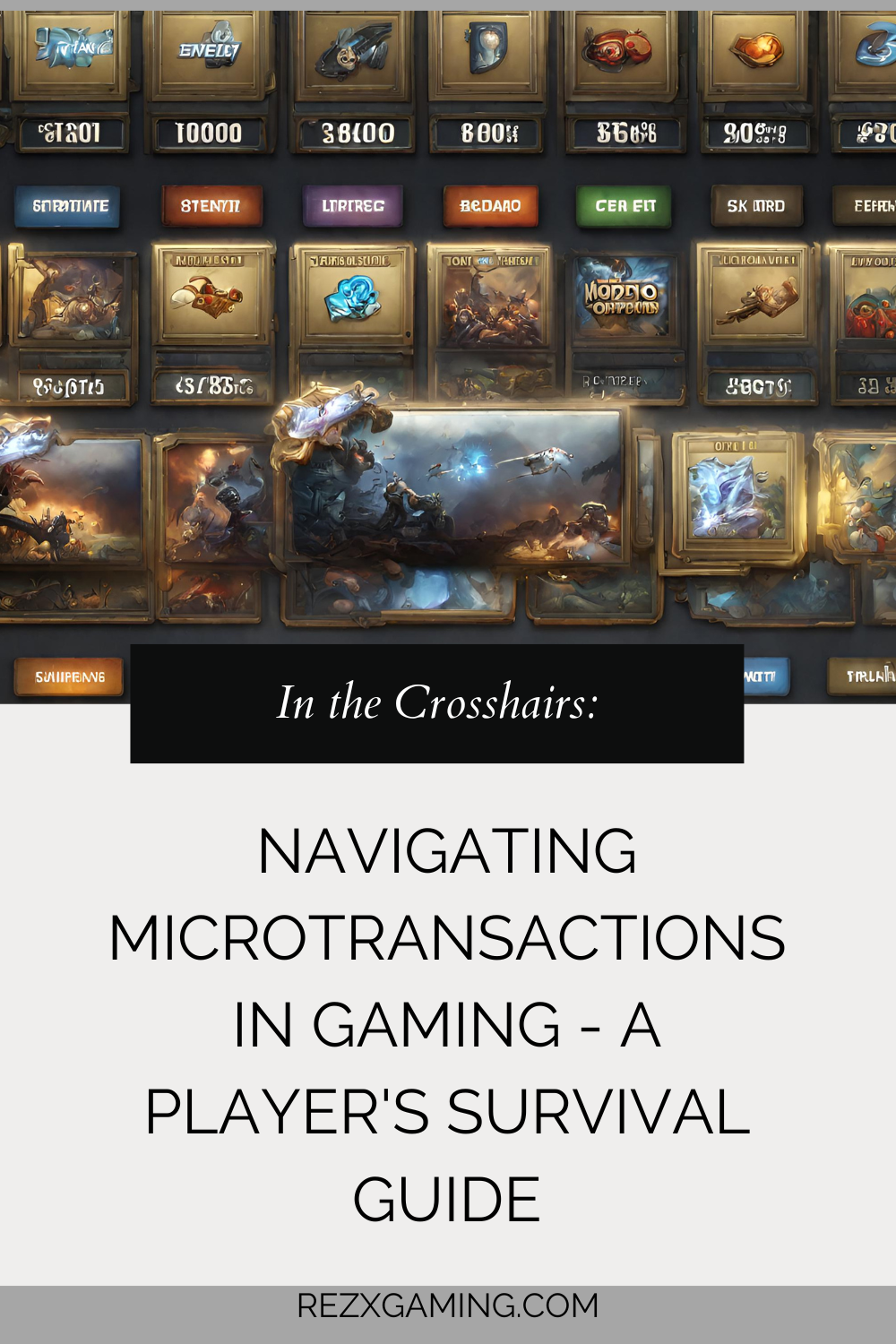
In a vast and ever-expanding landscape dominated by blockbuster titles and multimillion-dollar franchises, indie games stand as beacons of creativity, innovation, and passion. Despite their modest budgets and smaller development teams, indie games have made an indelible mark on the gaming industry, pushing boundaries, challenging conventions, and captivating players with their unique vision. In this blog post, we’ll shine a spotlight on these unsung heroes, celebrating their contributions and exploring the profound influence they’ve had on shaping the gaming landscape.
The Rise of Indie Games:
The term “indie game” refers to games developed by small independent studios or individual developers without the backing of major publishers. While indie games have been around for decades, the rise of digital distribution platforms such as Steam, itch.io, and the rise of crowdfunding platforms like Kickstarter has democratized game development, allowing indie developers to reach wider audiences and compete on a global scale.
Breaking the Mold:
One of the most significant contributions of indie games to the gaming industry is their willingness to break the mold and explore new ideas and concepts. Freed from the constraints of corporate mandates and market expectations, indie developers have the creative freedom to experiment with unconventional gameplay mechanics, art styles, and narrative structures. This spirit of experimentation has led to the emergence of groundbreaking titles that challenge players’ perceptions of what a game can be, from the minimalist storytelling of “Journey” to the existential exploration of “Celeste.”
Cultivating Diversity and Inclusion:
In addition to pushing boundaries creatively, indie games have also played a crucial role in promoting diversity and inclusion within the gaming community. With smaller development teams and lower financial risks, indie developers are often more willing to take chances on projects that reflect diverse perspectives and experiences. This has led to the creation of games that explore a wide range of themes, from LGBTQ+ representation in “Gone Home” to mental health awareness in “Hellblade: Senua’s Sacrifice.” By telling stories that resonate with a broader audience, indie games have helped foster a more inclusive and welcoming gaming community.
Fostering Innovation and Experimentation:
Beyond their creative contributions, indie games have also been at the forefront of technological innovation and experimentation. From pioneering new gameplay mechanics to harnessing emerging technologies like virtual reality and procedural generation, indie developers have consistently pushed the boundaries of what’s possible in gaming. Moreover, the success of indie games has inspired larger studios to take risks and invest in more experimental projects, leading to a more diverse and vibrant gaming ecosystem for players to enjoy.
Conclusion:
As we celebrate the achievements of blockbuster titles and iconic franchises, let us not forget the invaluable contributions of indie games and the passionate developers behind them. From challenging conventions to fostering diversity and inclusion, indie games have left an indelible mark on the gaming industry, shaping its evolution and inspiring future generations of developers. As we look to the future, let us continue to celebrate and support the unsung heroes of gaming, whose creativity, innovation, and passion continue to enrich our gaming experiences.






